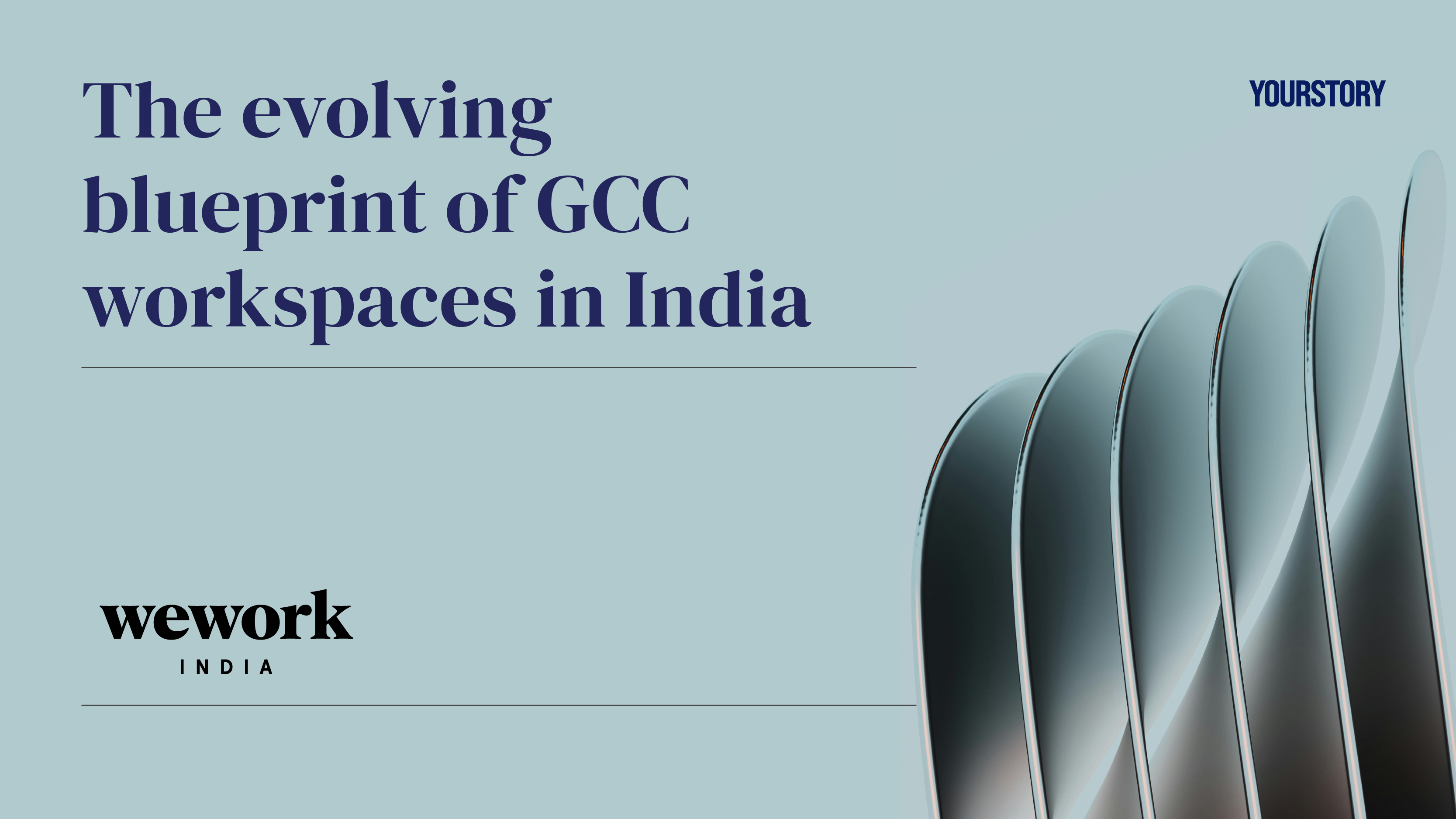By Wework India
Copyright yourstory

India’s GCCs have entered a new phase of maturity—one defined not just by cost efficiency, but by agility, innovation, and experience. Over the past five years in India, these global centers have transitioned from being offshore support functions to full-fledged strategic hubs. This transformation has brought a decisive shift in what GCCs expect from their work environments.
In this exclusive authored piece for YourStory’s latest report titled ‘Building Tomorrow’s GCCs’, WeWork India presents valuable insights on how India’s GCCs are actively shaping the future of work. This discussion highlights the innovative strategies and collaborative efforts that are paving the way for a more effective and dynamic work environment.
Five years ago, GCCs were primarily looking for plug-and-play office spaces. Today, they are demanding full-stack workspace solutions, complete with custom design, robust IT infrastructure, compliance-ready setups, and the ability to scale rapidly across cities. Metro hubs such as Bengaluru, Hyderabad, Gurugram, and Mumbai have emerged as key anchors, thanks to their deep talent ecosystems and enterprise-grade infrastructure. GCCs now view the workplace not as static real estate but as a dynamic, experience-led asset. They are prioritizing environments that enable hybrid work, support agile team configurations, and reflect their global brand ethos. Beyond the physical space, their focus is on digitally enabled operations—integrated attendance, automated room booking, and real-time usage analytics.
Designing for precision and purpose
The demands from GCCs today are far more nuanced. They seek offices that are not only visually aligned with their global brand identity but are also built for enterprise-grade security and performance. Essential features include:
Dedicated IT rooms and SD-WAN-ready infrastructure
Access-controlled zones and ISO/SOC2 compliant layouts
Soundproofing for privacy and productivity systems
Proximity to top talent corridors and public transit access
ESG-certified buildings with energy-efficient
This reflects a shift from traditional business district preferences to more strategic micro markets—those closer to specific talent pools and better aligned with employee commute patterns.
Fast-tracking global rollouts
Speed and scale are critical for today’s GCCs. At WeWork India, our built-to-suit, on-demand office solutions and virtual office services allow companies to establish a presence in days. For example, a global firm looking to expand its operations excellence center in Bengaluru grew from 2,400 desks in 2020 to 5,700+ desks by 2024, making it our largest single member. We managed the journey from property sourcing and layout design to compliance and facility management, enabling a streamlined scale-up.
Our proprietary workspace management platform, Workplace, empowers GCCs to run hybrid operations, track real-time utilization, and optimize for cost and flexibility across multiple locations.
Balancing flexibility with enterprise-grade governance
For GCCs in regulated industries like BFSI and healthcare, flexibility cannot come at the cost of control. WeWork India aims to address this by combining modular workspace design with secure architecture. Our centers are equipped to meet the compliance needs of sensitive sectors through the certifications held by us, including ISO 27001 (Information Security Management), ISO 45001 (Occupational Health & Safety), and ISO 14001 (Environmental Management), reinforcing our endeavors towards operational integrity.
ESG and experience: More than a checklist
Sustainability is no longer a differentiator— it’s an expectation. During the RFP stage, many GCCs now ask for green building certifications, energy efficiency benchmarks, and wellness-focused layouts. We are dedicated towards embedding ESG principles into layers of our workspace— from deployment of air quality monitoring, energy-use, and implementation of sensors for monitoring water consumption through our technology infra, Smart Building Solutions, to creation of an inclusive community for persons with disabilities and LGBTQIA+ individuals. Additionally, we offered upskilling sessions for women and organized clean-up efforts in Tarahunise and Mumbai.
Designing for tomorrow’s talent
Modern GCCs are doubling down on culture and creativity. This is reflected in their design asks: open lounges, collaboration hubs, quiet zones for deep work, and innovation pods. Many are also infusing local elements into their design to create a distinct, culturally resonant identity for their India centers— without diluting their global DNA.
What’s next: Hub-and-spoke, experience first, and tech-led
Looking ahead, three trends are shaping the future of GCC workspaces:
Hub-and-spoke model: Consistent workspace quality across multiple cities.
Employee-centric design: Integrated wellness and collaboration as central features.
Tech-enabled operations: AI-based space management, seamless hybrid integrations, and data-led decision-making.
The GCC workspace checklist for 2025
Modular, scalable layouts
Enterprise-grade security infrastructure
Wellness-focused and inclusive design
ESG-compliant operations
Tech-enabled real estate analytics and automation
As India continues to lead the global GCC movement, the workspace will play an even more critical role, serving not just as an address but as a strategic partner. At WeWork India, we are proud to partner with global enterprises that have the potential to shape the talent of tomorrow, intelligent, inspiring, and future-ready.
This article is excerpted from YourStory’s latest report, ‘Building Tomorrow’s GCCs’.
(Click here to download the report)



